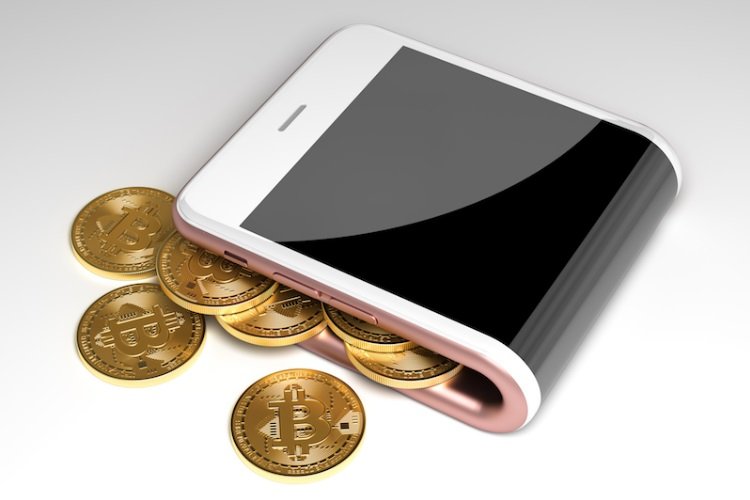Is it normal to name a wallet after your pet?

Ten years have passed since bitcoin was created, but hackers still continue to hack digital wallets and crypto exchanges. The most advanced hackers can even bypass two-factor authentication. How to secure your coins, keep your cryptocurrency safe and where to store bitcoin cash - read on Bitnewstoday.com.
Where to store my bitcoins?
Where is bitcoin wallet stored? Despite of popular opinion and common sense, bitcoins are not stored in a wallet. They are sewn into blockchain. A wallet only keeps an information that allows its owner to access the currency that is located in blockchain. That is, each of the coins is always kept in the address of blockchain, there are no coins in wallets. A wallet's main function is to store information about the address. If an owner has the keys, the risks of losing digital money are lower than if they would be kept by a third-party organization or online service. Therefore, before leaving a gold bar under the bed, you must hang a secure lock on the door.
What to choose: convenience or safety?
This is the choice that owners have to face. Where to store bitcoins? It is much faster and more convenient to register an online wallet than download a desktop BitcoinCore with its size of more than 100 GB and update it. There are two main headaches for cryptocurrency holders related to its storage: how not to forget the password and how to protect against hacker attack. We will analyze each of them.
Qwerty off
Passwords solved the Internet security problems for ordinary users. But it turned out that passwords are not a one hundred percent guarantee of protection. Bitcoin is a highly liquid asset that can be easily changed into euro or dollars it really makes sense to ensure the fullest possible protection.
But where to store bitcoins safely? If your computer is infected with trojan, then there is a chance of losing your bitcoins forever. Therefore, first of all, protect your computer or laptop from viruses. Next, create a unique password that does not match passwords on other sites and email services. This advice is given by every other website, but here it is really necessary. Of course, there should not be any qwerty, "password", "12345678" or your pet's name. For greater security some experts advise to copy the file wallet.dat to the USB flash drive and put it in the folder with the documents in case of loss.
Cold wallet as the safest
It's clear that online wallets are unreliable. But if you pay with bitcoins in a barbershop or buy burritos at the nearest intersection, is there any sense in transferring your satoshi every evening from hot to a cold wallet and pay commission fees? And do the same the next morning. There is no one right decision. A large sum definitely should not be kept on any hot wallet. Of course different people have different proportions of these sums.
The same applies to trading on exchange. It's reasonable to withdraw the purchased coins to your wallet, whose keys are controlled by you and not by exchange. DDOS-attack, errors in the program code, frauds - all this can lead to theft of bitcoins. If you have 0.5 bitcoin and more - keep them on hardware or other cold wallets. There are many to choose from. For example, Mario Dian, founder of freedomnode.com, advises using Trezor's hardware wallet. "It is equipped with a pin-code, in addition, it is possible to additionally protect it with a password. Even if a thief gets a wallet in his hands, he will not be able to use it."